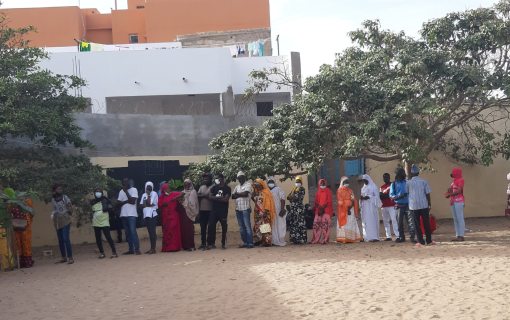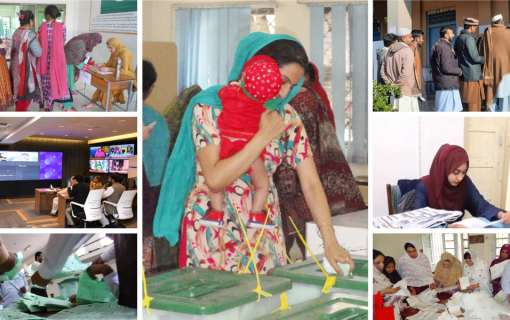Redefining Boundaries
The integrity of an election is dependent on a range of factors, including the quality and credibility of the election administration. However, decisions made long before Election Day can also have a huge impact on the outcome of the vote. A salient example is the process of drawing boundaries for electoral units (e.g., districts, states and precincts).
The smallest changes in electoral unit boundaries can produce different election outcomes, even if voting patterns remain the same. Units that are deliberately drawn to skew demographics – to the advantage of one political party over others (known as gerrymandering) – can drastically affect electoral outcomes, the composition of the legislature and community representation in government and can also disenfranchise individual voters.
Globally, there is an increase in focus on the importance of ensuring fair representation of communities at all levels of politics. IFES, with delimitation expert Dr. Lisa Handley, previously proposed a set of international standards to guide this important process, including an impartial boundary authority that uses a non-discriminatory, transparent and accessible approach to drawing boundaries. The resulting constituency populations should be as numerically equal and representative as possible. For example, units should take into account cohesive communities to ensure that constituents have the opportunity to elect candidates that represent the entire population of that district.
The Pakistani High Court of Sindh, the highest court of appeal in the province of Sindh for civil and criminal matters, recently referenced IFES’ guidelines in its verdict declaring the Sindh government’s delimitations invalid. The court ruled that the local government elections scheduled for late-January 2014 must be conducted using the election boundaries established prior to the 2013 delimitation process, and that any delimitation exercises prior to the elections must be carried out by an independent commission with proper rules and procedures to deal with objections.
Additionally, an independent forum must be available to hear and decide on appeals in delimitation cases. The Sindh government has since filed an appeal against the decision with the Supreme Court of Pakistan. IFES has had a presence in Pakistan since 2002 and will be working closely with the Election Commission of Pakistan on the local government elections, including those in Sindh.
Building on the increasing focus on how boundary delimitation affects elections around the world, IFES is writing a paper with Dr. Handley on the link between redistricting and the accountability of elected officials. IFES will conduct an initial review of existing literature on the accountability of elected officials, and will then – using available data and expert analysis – attempt to determine the relationship between the electoral rules governing the redistricting process and the degree of accountability between elected officials’ and their individual districts, as well as their accountability to the national interest.
The findings of this paper will be presented at a one-day workshop on Citizens, Parties, and Electoral Contexts in July 2014 at the University of Montreal.









